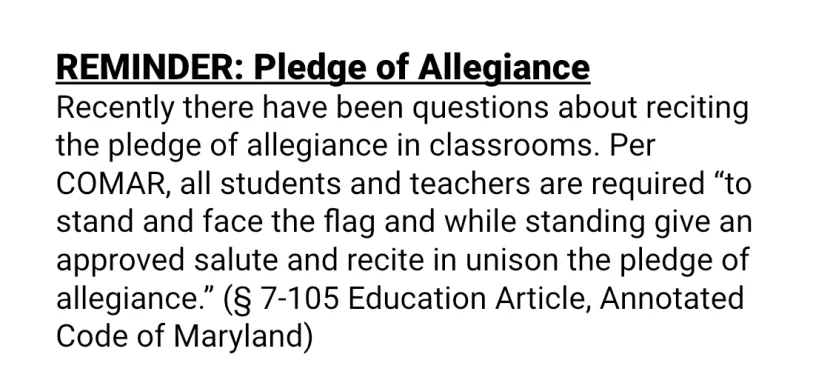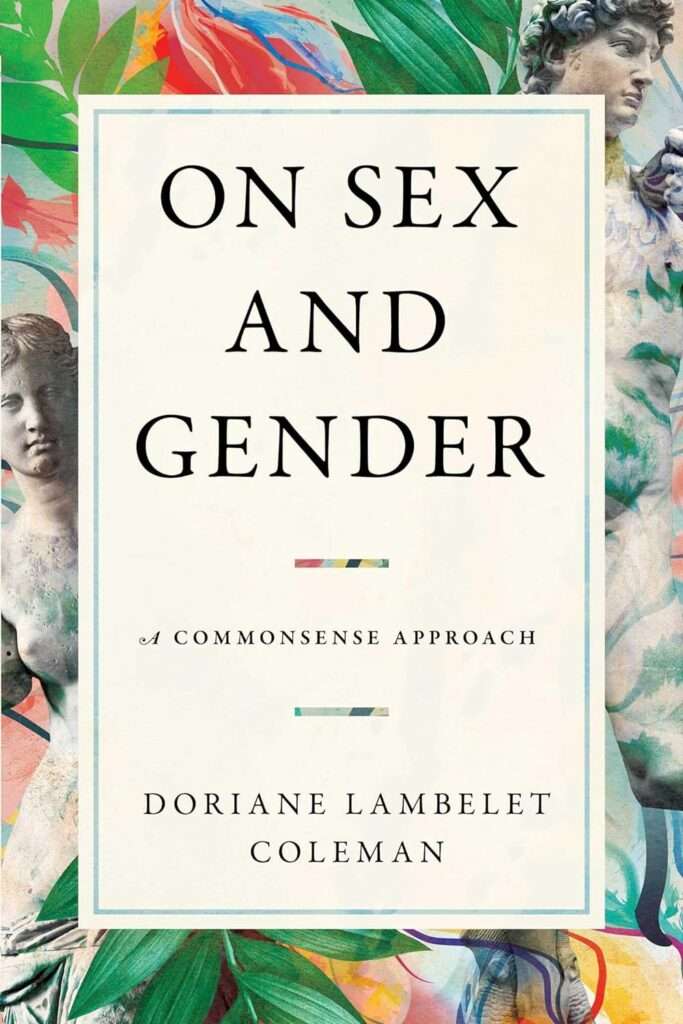Interesting Stay Dispute in Seventh Circuit Minors'-Access-to-Porn Case
From Free Speech Coalition, Inc. v. Rokita, decided Friday by Judges Frank Easterbrook and Amy St. Eve:
Indiana seeks a stay of the preliminary injunction that a district court entered preventing the enforcement of Ind. Code § 24-4-23, which requires web sites to limit minors' access to certain sexual materials.
Indiana's statute is functionally identical to one adopted by Texas. That statute has been held to be valid [by the Fifth Circuit, though the Supreme Court has agreed to hear the case]. Free Speech Coalition, Inc., which is a plaintiff in both the Indiana case and the Texas case, asked the Supreme Court to prevent enforcement of the Texas statute while that litigation continued. That application was denied, so the Texas statute is now in force.
We do not see any adequate reason why Texas's law may be enforced pending the [Supreme Court's] decision on the merits in Free Speech Coalition v. Paxton, while Indiana's may not be enforced. Functionally identical statutes should be treated the same while the Supreme Court considers the matter. Accordingly, Indiana's request for a stay is granted. The stay will remain in effect until the Supreme Court has issued its mandate in Free Speech Coalition v. Paxton.
Briefing in this appeal will be deferred until the Supreme Court has decided Free Speech Coalition v. Paxton.…
But Judge Ilana Rovner concurred in part (as to deferring briefing) and dissented in part (as to the stay of the trial court injunction):
I can certainly see the value in terms of judicial efficiency and deference in the approach taken by the majority here, and it has an intuitive appeal. Because of the opposite procedural postures of the two cases, however, granting the stay here upends the status quo and imposes a burden on the plaintiffs that cannot be justified by the Supreme Court's summary denial of the stay here.
The Fifth Circuit in Paxton held that the age-verification component of the statute was constitutional, and the plaintiffs did not seek a stay in that court. Therefore, the "status quo" at the time the Supreme Court was presented with the stay motion was that the statute was not enjoined and was being enforced—and the plaintiffs therefore were already subjected to its burdens. The Supreme Court's summary decision without any comment or dissent merely left the case as it found it, leaving the parties no worse off than they had been.
Here, in contrast, the district court held that the statute was unconstitutional, and granted a preliminary injunction, enjoining it on First Amendment grounds and denying the motion to stay that injunction. The result, of course, is that the Indiana statute has never been in force, unlike the Texas statute. We have not yet had the opportunity to consider the appeal on the merits, and therefore, the current state in our case is that the plaintiffs have not been required to comply with the burdensome requirements of the Act. If we were to alter that status quo, we should do so only by considering the stay on the merits and determining that a stay is appropriate under that analysis. Otherwise, we impose a cost on the businesses and individuals that have to comply with the Act, and curtail their First Amendment rights, based solely on an unreasoned stay denial even though the only court decision as to this Indiana statute held that the burden is unconstitutional. And such a precedent could have drastic consequences in a future case where the economic burden of a statute was even greater, by subjecting the parties to that burden while awaiting the Supreme Court's decision without ever considering the relative harms to the parties.
If we reached that conclusion after a careful analysis of the stay motion on the merits, the result would be justified. But to reach it for parity alone, when the cases are presented in opposite postures, accords too much weight to a one-sentence denial of a stay by the Supreme Court, and that is too thin a reed to support imposing what, in our case, have been deemed unconstitutional burdens. We should impose such burdens only after considering the standards appropriate to a stay appeal on the merits: the likelihood of success on the merits and existence of irreparable injury to the moving party, the injury to the other party if a stay is granted, and the public interest. The grant of a stay without proceeding through that analysis unjustifiably absolves the moving party of its burden of proof in its quest to upend the district court's denial of that stay.
A denial of a stay by the Supreme Court, which might turn on the relative harms to the parties and not the merits of the legal claim, is not a decision on the merits of the case, nor is a grant of certiorari. By granting a stay of the district court's injunction here, and allowing enforcement of a law deemed unconstitutional by the district court, we give the Supreme Court's stay denial an impact beyond its precedential value. One could as easily argue that the Court's grant of certiorari signals a concern with the Fifth Circuit's determination of constitutionality, and favors leaving the district court's determination in place. Either approach is problematic, because neither the summary denial of the stay nor the grant of certiorari is a decision on the merits, nor should they be treated as such.
Although I do not support granting the motion, I am sympathetic to the argument that sometimes the most prudent and respectful course is to hold an appeal in abeyance until the Supreme Court's ruling, particularly in a situation such as the one before us involving functionally-identical statutes. But a true abeyance here would be to freeze the proceedings in this case as is, retaining the status quo until the Supreme Court issues its decision. Holding proceedings in abeyance is also supportable, given that the grant of certiorari means that the likelihood of success component of the stay motion is up in the air. It is a legally-supportable approach that adequately defers to the Supreme Court's decision to consider the merits of the underlying issue here.
For that reason, if we choose not to consider the motion before us on the merits, the more supportable approach would be to suspend proceedings until the Supreme Court issues its ruling, as we have done numerous times where a pending Supreme Court case may be dispositive. Summarily granting the stay and upending the status quo, and allowing a statute that the district court has determined to be unconstitutional to take effect without holding the moving party to any burden of proof, should not be an option….
The post Interesting Stay Dispute in Seventh Circuit Minors'-Access-to-Porn Case appeared first on Reason.com.



